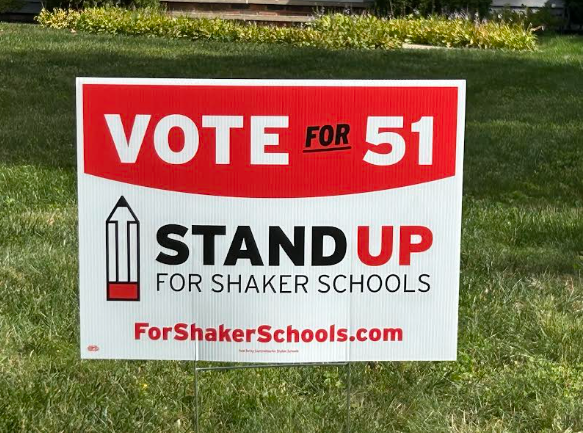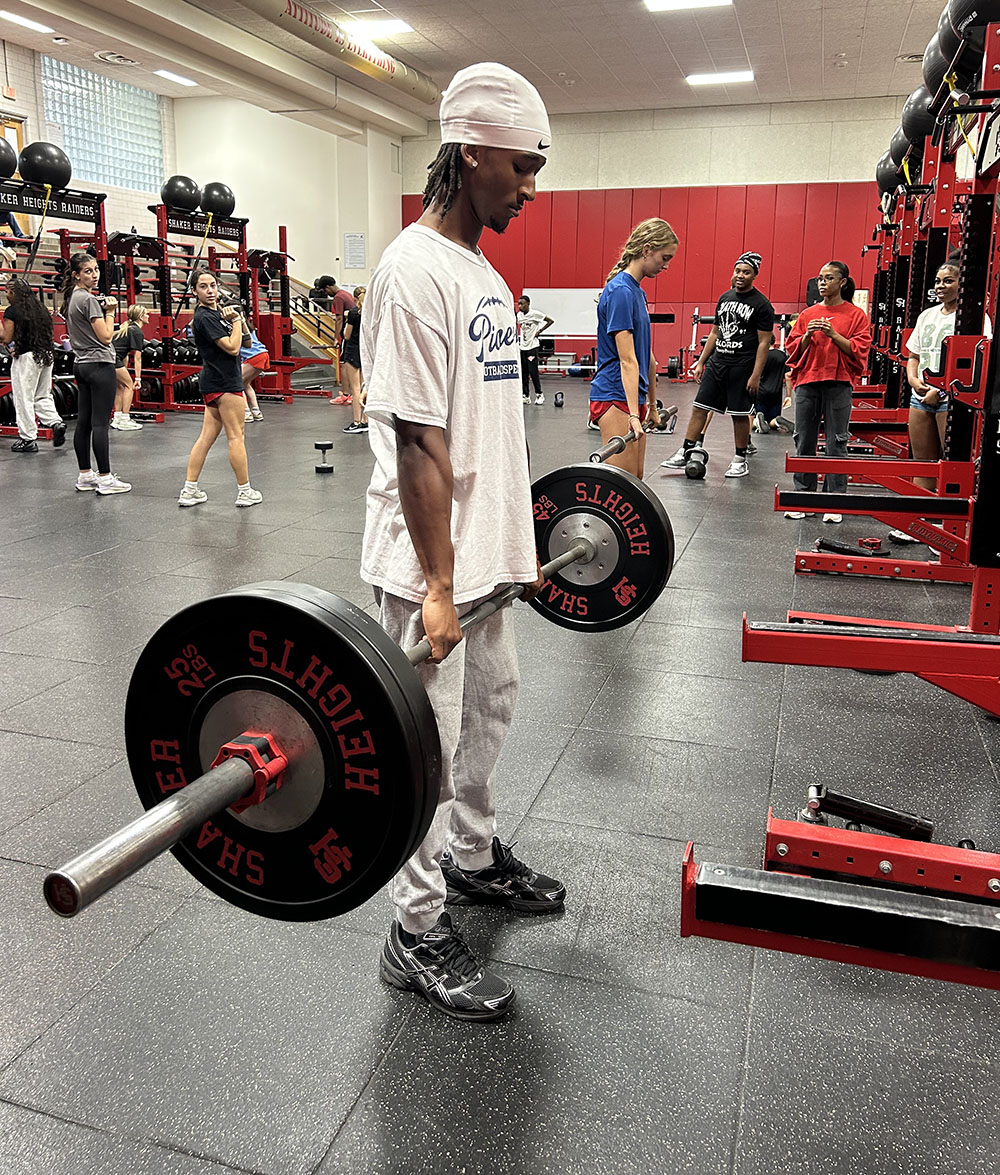“Every truth has two sides; it is as well to look at both, before we commit ourselves to either.”
That quote, from the Ancient Greek author Aesop, justifies Rolling Stone magazine’s latest cover article about suspected Boston Marathan bomber Dzhokhar Tsarnaev.
The magazine cover, featuring a large photo of 19-year-old Tsarnaev, has generated controversy since its release. #BoycottRollingStone has been trending on Twitter, while Boston Mayor Thomas M. Menino sent a letter to the publisher of Rolling Stone: “Your August 3 cover rewards a terrorist with celebrity treatment,” Menino wrote, adding that the cover was “ill-conceived at best.”
As someone with close family members and friends in Boston, and as a decent human being, I understand where Menino is coming from. If someone I loved had been maimed in the Boston Marathon bombing and I saw the suspected perpetrator on a magazine cover, I would be angry and horrified. I wouldn’t want a reminder of the ever-present pain, especially not one that afforded such attention to the suspect.
But I have to wonder if Mayor Menino has read the article. I ask myself whether anyone who Tweeted #BoycottRollingStone even opened the magazine, because when I finished that article, I knew it was one of the most informative and important pieces I’ve ever read.
“Jahar’s World,” written by contributing editor Janet Reitman, follows the life of a young, handsome, talented immigrant. His first name was so confusing that his friends, of whom there were many, took to calling him Jahar, an Americanized nickname he came up with. Jahar wrestled and smoked marijuana; his parents divorced during high school; he idolized his older brother, Tamerlan.
In another life, he could’ve epitomized the American Dream. In reality, Dzhokhar and Tamerlan are suspected of bombing the Boston Marathon on April 15, a terrorist attack that killed three people and wounded more than 300.
Until I read the article, I couldn’t wrap my mind around how a terrorist could be just like you or me. Now, when I see the cover photo of Jahar Tsarnaev – an appropriate image, given the piece – I’m not that angry anymore. Instead, I’m sad – heartbroken that someone with so much promise fell so far. The tragedy of the Boston Marathon bombing isn’t just that so many people were hurt: it’s that even though there were some warning signs of Jahar’s increasing radicalism, no one saw them and no one helped him.
With that in mind, I think Aesop’s quote needs a slight amendment. Sometimes, after learning both sides of the truth, you don’t pick either side. Rather, you realize that truth is different from what you thought. In this case, I now know Jahar’s story isn’t about an evil mastermind, but an unhappy, young man who searched for solace and took a wrong turn. I’m grateful I looked past the cover photo to find that out.
Writing about Jahar Tsarnaev doesn’t make him innocent. But it does make him a human being, which he deserves, just like anyone else.



